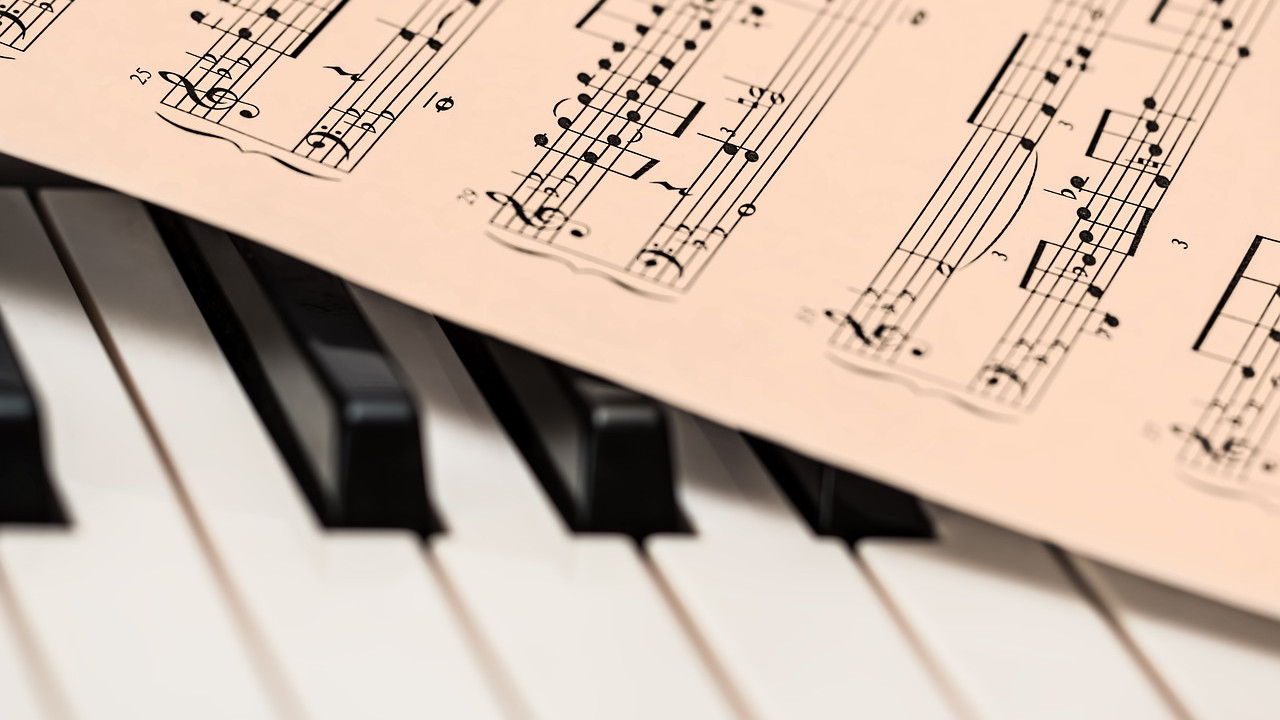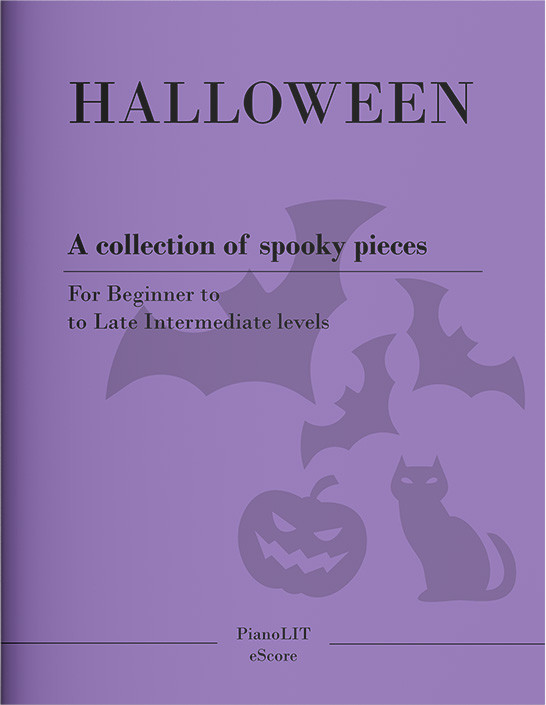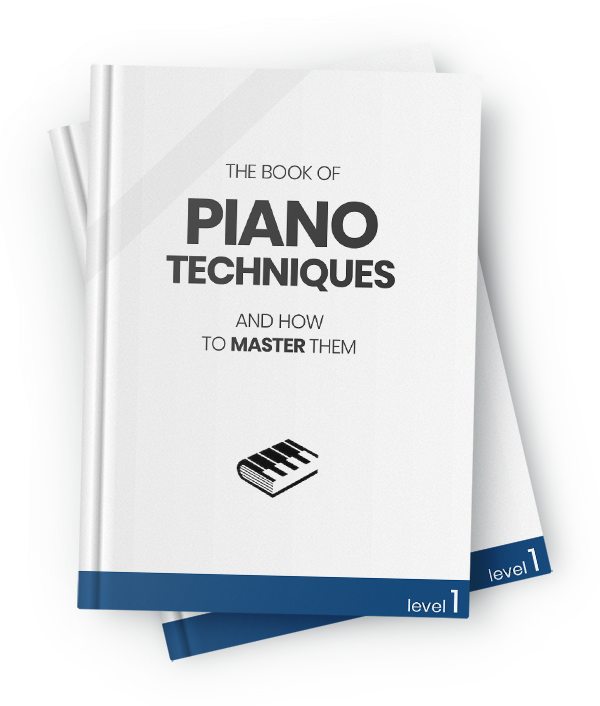How to choose the best piece to bring to a piano competition
Confidence and owning the piece are more important than difficulty level and virtuosity. Competitions are not about showing off, are about how well you can transmit music and make it resonate with the public.
Mar 25, 2019 • 7 min read
10256

Want a heads up when a new story comes out?
Piano competitions, there’s who loves them and there’s who hates them! On one side, they are a great way to test your abilities to play in front of a jury, on the other side they can put you in a very stressful condition. The pressure can be overwhelming, but the reward is priceless.
Piano competitions at every level can bring you a great deal of good:
- We push ourselves to work harder than we normally would.
- We receive helpful comments and feedback by very knowledgeable people (jury).
- We leave our “ivory tower” to meet with other musician.
So, let’s think smart and choose the right repertoire to make you feel more confident, because after all, that’s how we want to feel. We want to own the scene and not be “owned” by it.

1 – Choose the difficulty level based on your own capabilities
Let’s use an example, you enrolled in a Bach piano competition, age range: 8 to 14. Now, most people will choose English suites, Prelude and fugues, but you choose the . Now, either you are a genius or that’s a suicide! In a piano competition you need to impress the jury first. How can you impress the jury? By playing with a remarkable technique while following the melody (“canto”) and NOT by playing the most difficult piece in the entire Bach repertoire. Now, to concentrate on the melody you must have the technique nailed down. Adding the pressure of a competition, the technique should be at a reachable level based on your capabilities. So let’s look at the scheme:
SCALE OF DIFFICULTY BASED ON MY LEVEL
-Super difficult: Goldberg Variations
-Difficult: Prelude and Fugue in C# minor, Book 1
-Above medium: English Suite No. 2 in A minor BWV 807
-Medium: Partita No. 2 in C minor BWV 826
-Easy: Invention in F major BWV 779
-Super easy: Minuet in Gminor BWV Anh 115
The piece you want to choose (given for granted you are not a prodigy) is somewhere in between Medium and Above medium category. Never reach the Difficult or the Super difficult, better stay out of these two categories.
2 – Choose a piece you own and you’ve gotten a positive feedback on
Now that we have chosen the piece level, we should make sure we have enough time ahead of us to own the piece, and truly understand it inside out. As famously said by … before every performance you should have learned and forgotten the piece three times. If you don’t have a strong piece already in our pocket, let’s try to get as close to this statement as possible. A “strong” piece has usually been played in front of an audience at least once before and you have received some compliments by your teacher or by your peers.
3 – Avoid too famous or too close to pop repertoire
Do not choose anything that is too famous (Moonlight Sonata, Clair de lune) simply because you’ll increase the chance of having more people playing the exact same piece. And remember, we want to leave a strong impression on the jury. How can you do it if they will confuse you with the other five candidates that played the exact same Beethoven’s sonata they heard a million times?
Another good advice is to do not choose anything that pertains to pop culture. Usually piano competitions juries are formed by trained musicians with a solid classical background. Most of them will feel that pop or jazz do not fit in the piano performance stage. Whether we agree or not, avoid it in competitions.
4 – Playing it safe
There are some pieces that are just more “pianistic” than others and will give you a better performance. They are all highly reputable pieces composed by the biggest names in the classical piano world and you simply can’t go wrong with them. Use this pieces to feel more confident.
•••
Bottom line, the jury and the audience will feel empowered and impressed by the feeling you are transmitting while playing. Transmit confidence, truly enjoy the moment (no fear allowed!) and this emotion will stick with them. So choose wisely, confidence and owning the piece are more important than difficulty level and virtuosity. Competitions are not about showing off, are about how well you can transmit music and make it resonate with the public.


